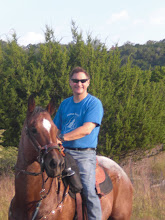ability scores measure the
capacity to act either physically or mentally.
There are six abilities; strength, dexterity, constitution,
intelligence, wisdom, and charisma. Each
ability is measured on an ordinal scale from one to twenty with a score of
ten representing average capacity for an adult male. Twenty is the highest possible ability score
for a newly generated PC. Players should
not despair (or whine) if their initial scores are not as high as desired, as scores
will increase with game play.
Each
player starts a character by rolling 4d6
retaining the three highest die results.
Do this six
times, then allocate one sum to each individual ability as desired.
The next step
is to adjust the character’s ability
scores based upon his selected race (Table 1.3). It is advised
to allocate a high primary ability score as this score is vital to advancement
in one’s chosen vocation or class.
Table 3.1
Ability +2 if -2 if Primary for
Strength
B K trooper
Dexterity Y G criminal
Dexterity Y G criminal
Constitution G T warrior
Intelligence K
G scientist
Wisdom T B priest
Charisma R
K extra
When
rolling ability scores for low level NPCs, roll 3d6 in order, applying racial
modifiers and add the NPC’s current level to the primary ability score!
With higher ability scores we get a
positive modifier to many die rolls
in play, thereby increasing the character’s chances of success. Low ability scores actually have a negative
modifier to many die rolls, thereby decreasing the probability of success. After
we have determined the results for each ability score, we need to understand
what each of these ability scores represents.
Table is from the
Toronto Gamerz Club
































